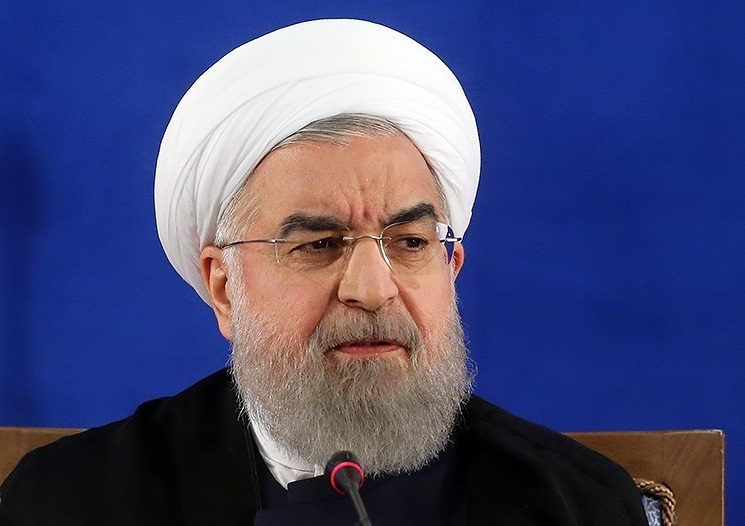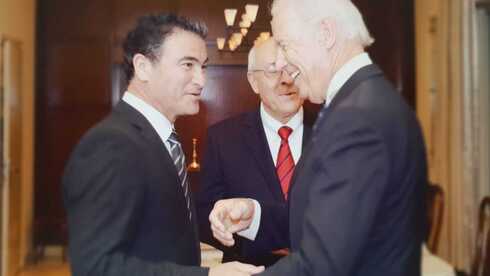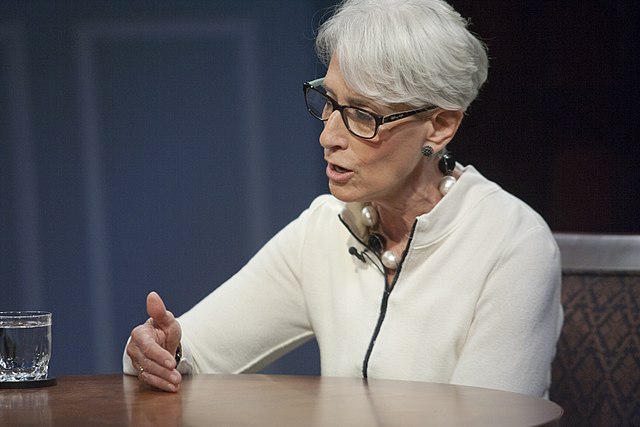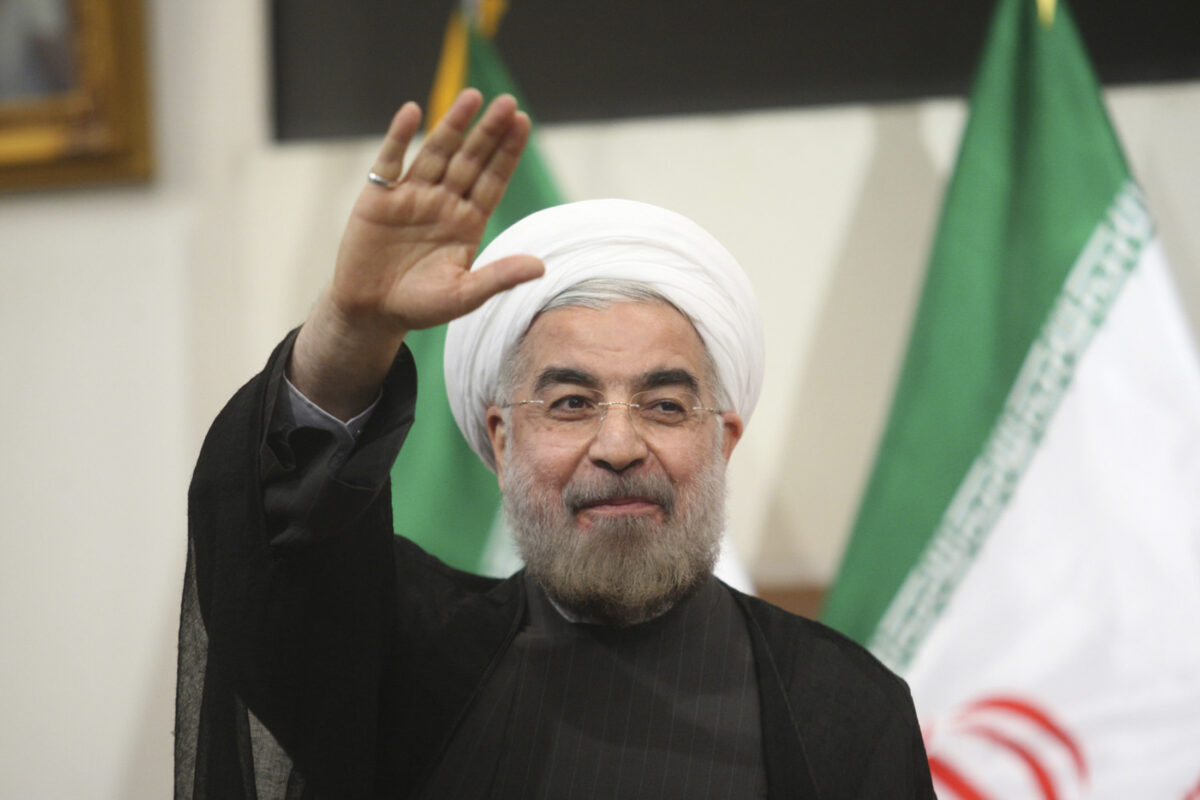It’s debatable at the moment whether the United States and Iran can overcome their sharp differences and return to compliance with the 2015 nuclear agreement. Talks in Vienna aimed at restoring it have been going on for five weeks now, but a breakthrough is far from from assured.
Donald Trump, the former U.S. president, pulled out of the landmark accord, known as the Joint Comprehensive Plan of Action, three years ago this month. He then restored and imposed more than 1,000 sanctions on key sectors of Iran’s economy, especially its oil industry. Trump’s overarching objective was to induce Iran back to the bargaining table so that the agreement could be broadened and improved.
In particular, the Trump administration sought to curtail Iran’s ballistic missile program, draw Iran away from supporting proxies like Hezbollah, Hamas and the Houthi rebels in Yemen, and extend the length of the agreement from 15 to 30 years.
Trump’s “maximum pressure” campaign against Iran essentially failed because the Iranian government dug in its heels and accelerated its nuclear program, which Iran had agreed to freeze in exchange for relief from crippling sanctions.
Iran’s deliberate violations of the agreement since 2018 raised the worrisome prospect that it might yet try to build a nuclear weapon, a nightmare scenario for Israel. But Iranian Foreign Minister Mohammad Javid Zarif has said that Iran’s violations can be reversed if both sides abide by the agreement, which was also signed by Russia, China, Britain, France and Germany.
Trump’s successor, Joe Biden, promised to rejoin the agreement, but he insisted on a “longer and stronger” deal that would lengthen its “sunset” provisions, place strict and verifiable limits on Iran’s missile arsenal, and compel Iran to cut back its relationships with proxy forces that threaten U.S. allies such as Israel and Saudi Arabia.
Iran expressed a willingness to reenter the agreement if the United States made the first move and lifted sanctions. Adopting a diametrically opposite view, the Biden administration asserted that sanctions would only be removed after Iran complied with the agreement.
Despite the divergencies in their respective positions, the talks in Vienna have moved forward. Four days ago, The New York Times reported that the United States and Iran may be within reach of a deal within several weeks, or before Iran’s presidential election in mid-June.

Iranian President Hassan Rouhani said recently that 60 to 70 percent of the issues have been settled, but he refrained from delving into specifics.
Iran’s chief negotiator, Abbas Araghchi, the deputy foreign minister, is less sanguine. “We have a long way ahead of us,” he said. “The problems that remain are serious.”
Late last month, Biden told Yossi Cohen, the director of the Mossad, that the United States and Iran have still not succeeded in closing the gaps.
Cohen, the first high-ranking Israeli official to meet Biden, arrived in Washington on April 26 with the intention of convincing the United States that a much better agreement is an absolute necessity.

He had been meeting with the president’s national security adviser, Jake Sullivan, in the White House when Biden dropped in. By all accounts, Cohen and Biden talked for about an hour.
Cohen reportedly told Biden that the old agreement is hopelessly flawed. Biden assured Cohen that it is merely a steppingstone toward a far more rigorous agreement, and that the United States will never agree to a nuclear-armed Iran.
Biden’s assurance was an unmistakable sign of his resolve to avoid the kind of acrimonious conflicts over the agreement that marred Barack Obama’s relationship with his Israeli counterpart, Benjamin Netanyahu.
Apart from Biden and Sullivan, Cohen met Secretary of State Antony Blinken, Undersecretary of State Wendy Sherman, Central Intelligence Agency director William Burns, the head of national intelligence, Avril Haines, and two members of the National Security Council, Brett McGurk and Derek Chollet.

These meetings were also attended by Netanyahu’s national security advisor, Meir Ben Shabbat, and Israel’s ambassador to the United States, Gilad Erdan.

As Cohen made his rounds, Israeli Intelligence Minister Eli Cohen issued a warning that Israel would not allow Iran to become a nuclear power, that a “bad deal” would trigger a Middle Eastern war, and that the Israeli Air Force “can reach everywhere in the Middle East — and certainly Iran.”
Before Cohen left Washington, the United States and Israel agreed to establish a special panel to counter the threat posed by Iranian drones and precision-guided missiles.
This is a serious issue, but it is overshadowed by the ultimate fate of the nuclear agreement.
